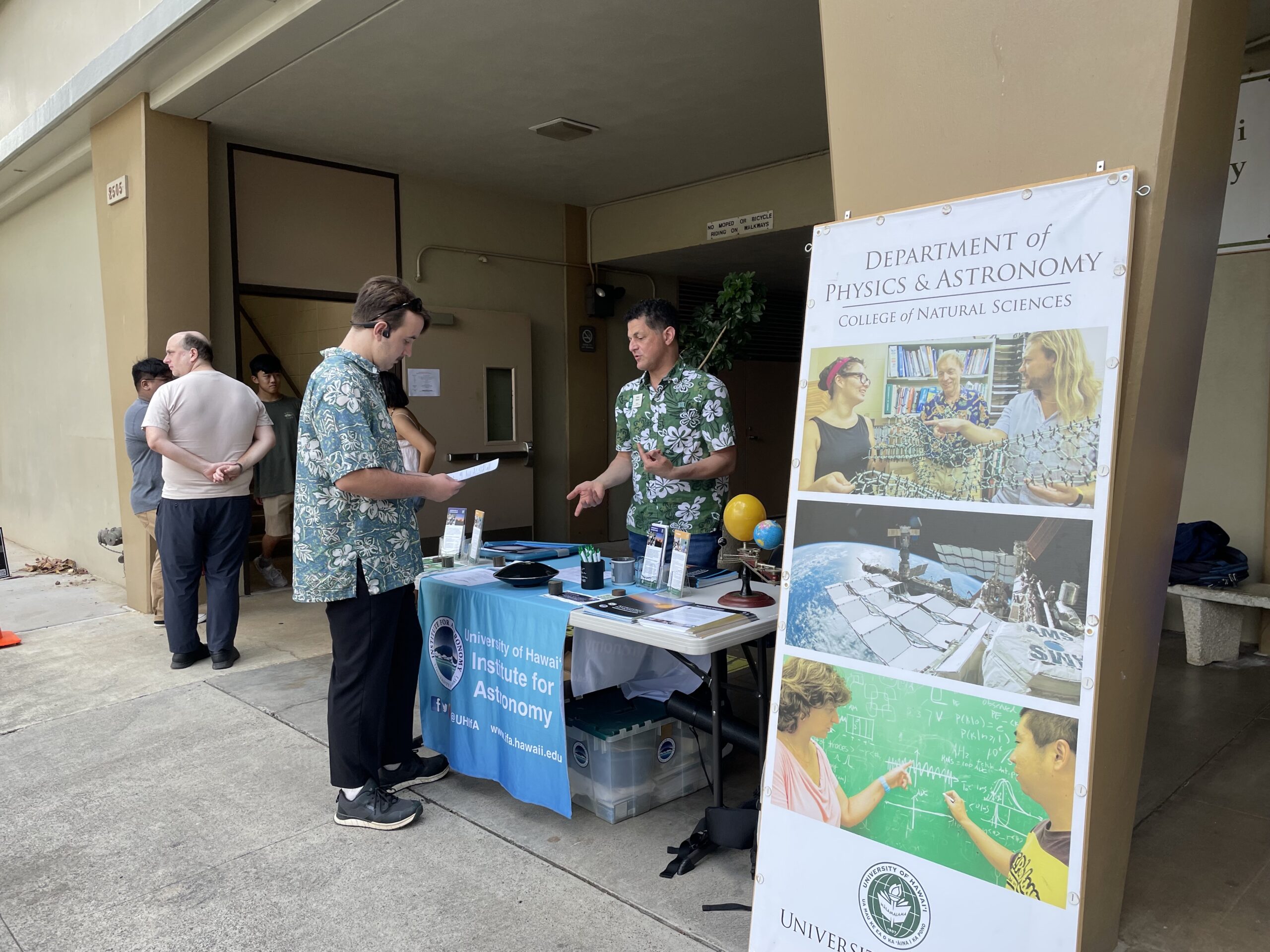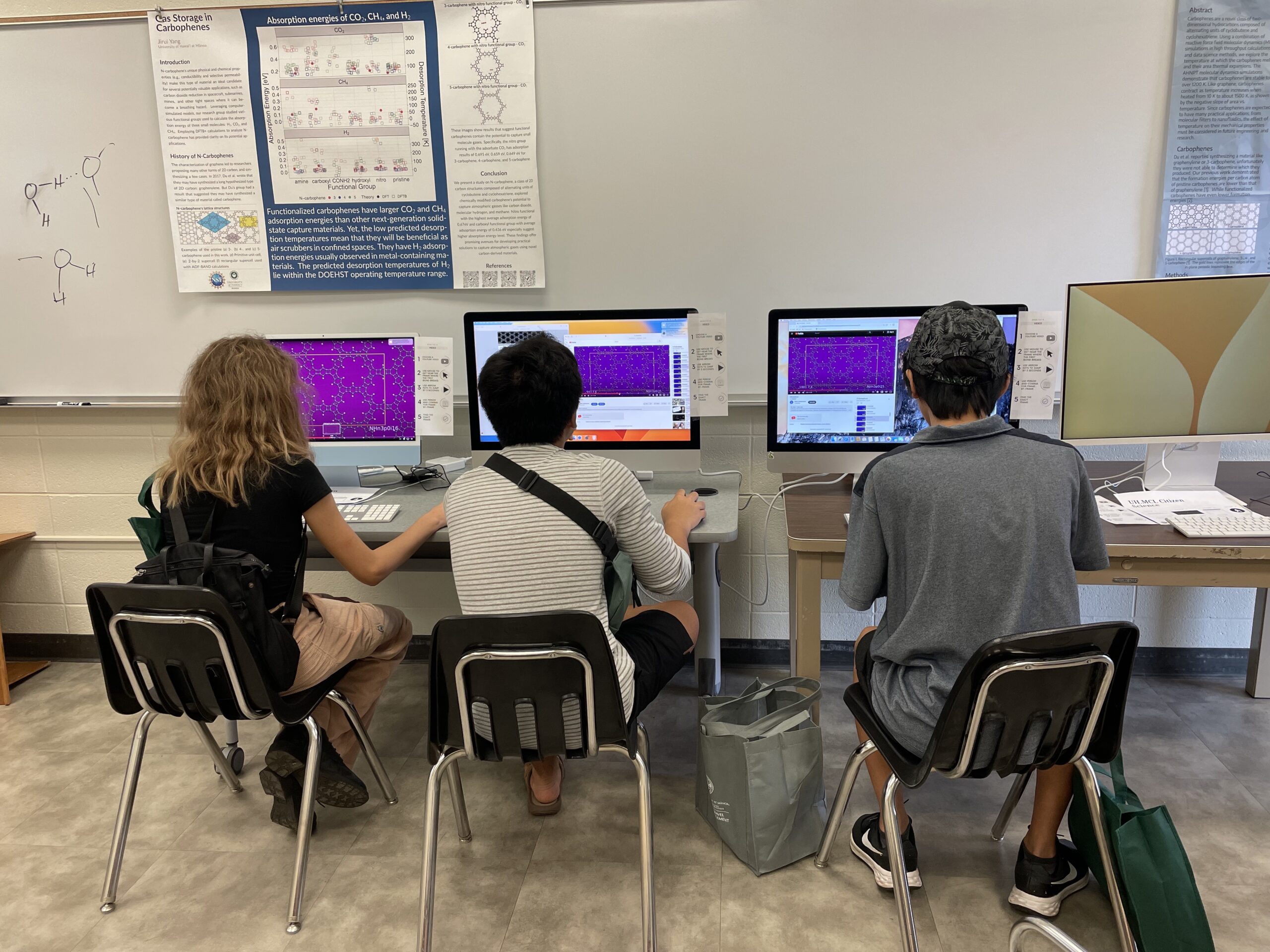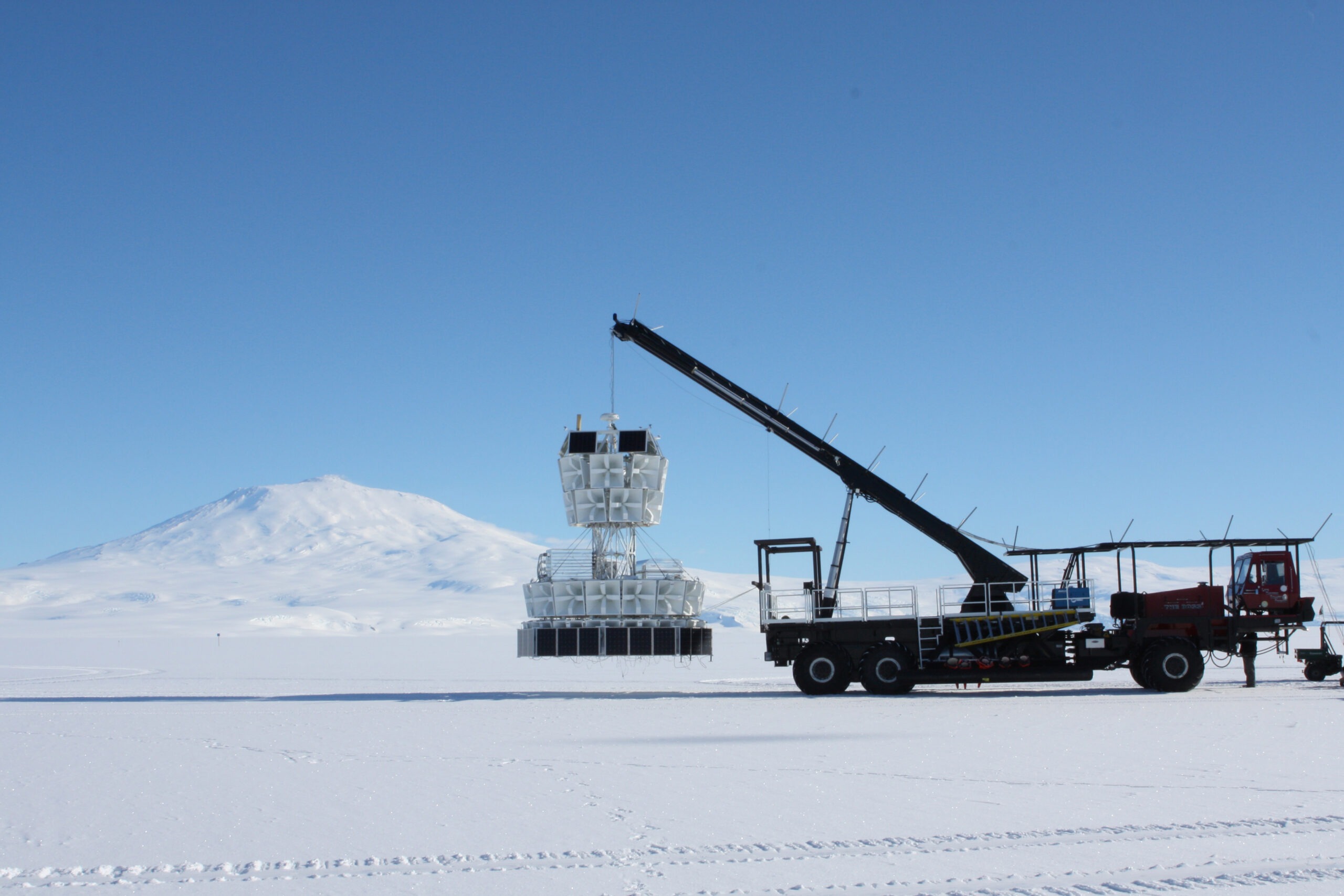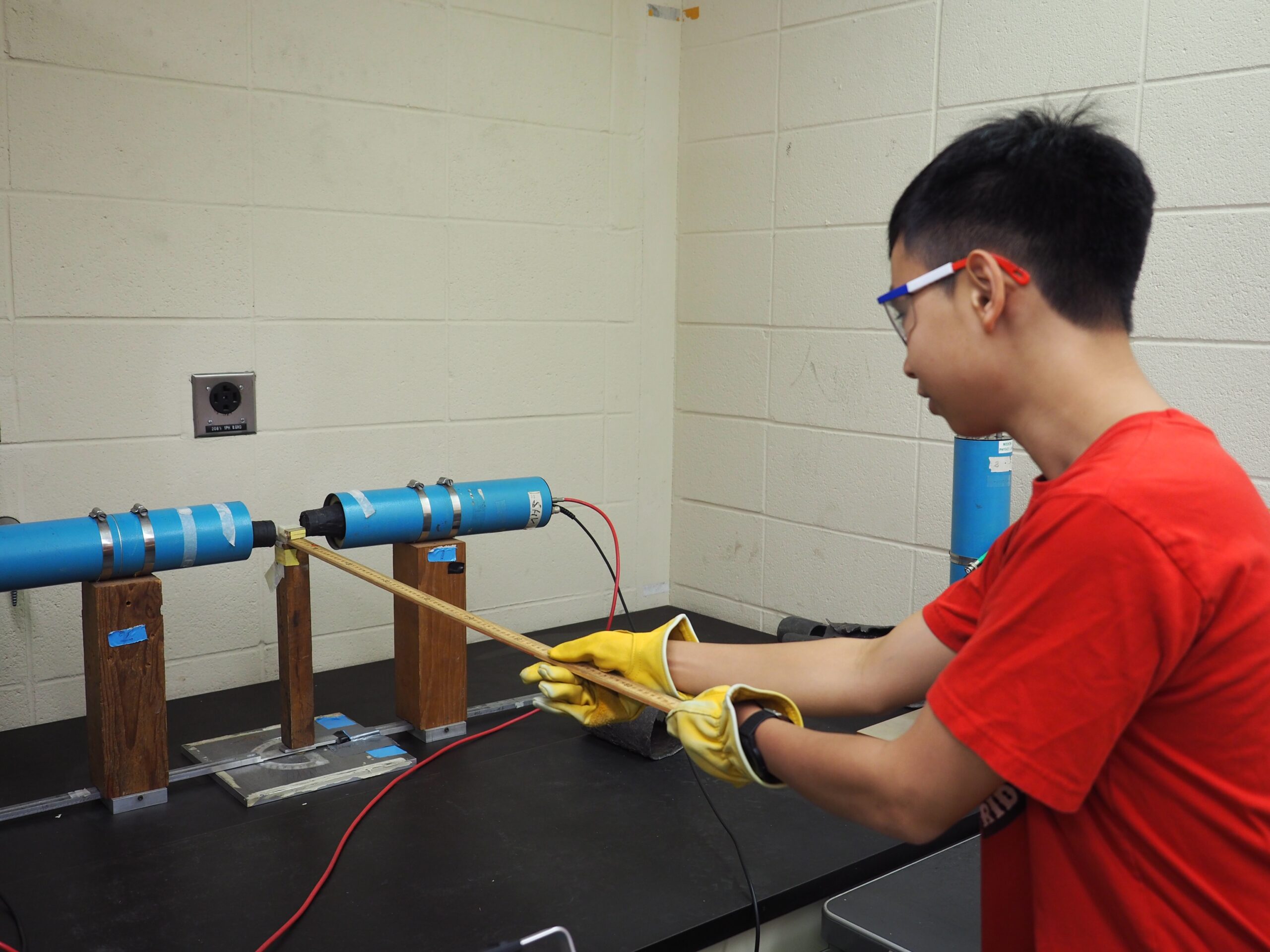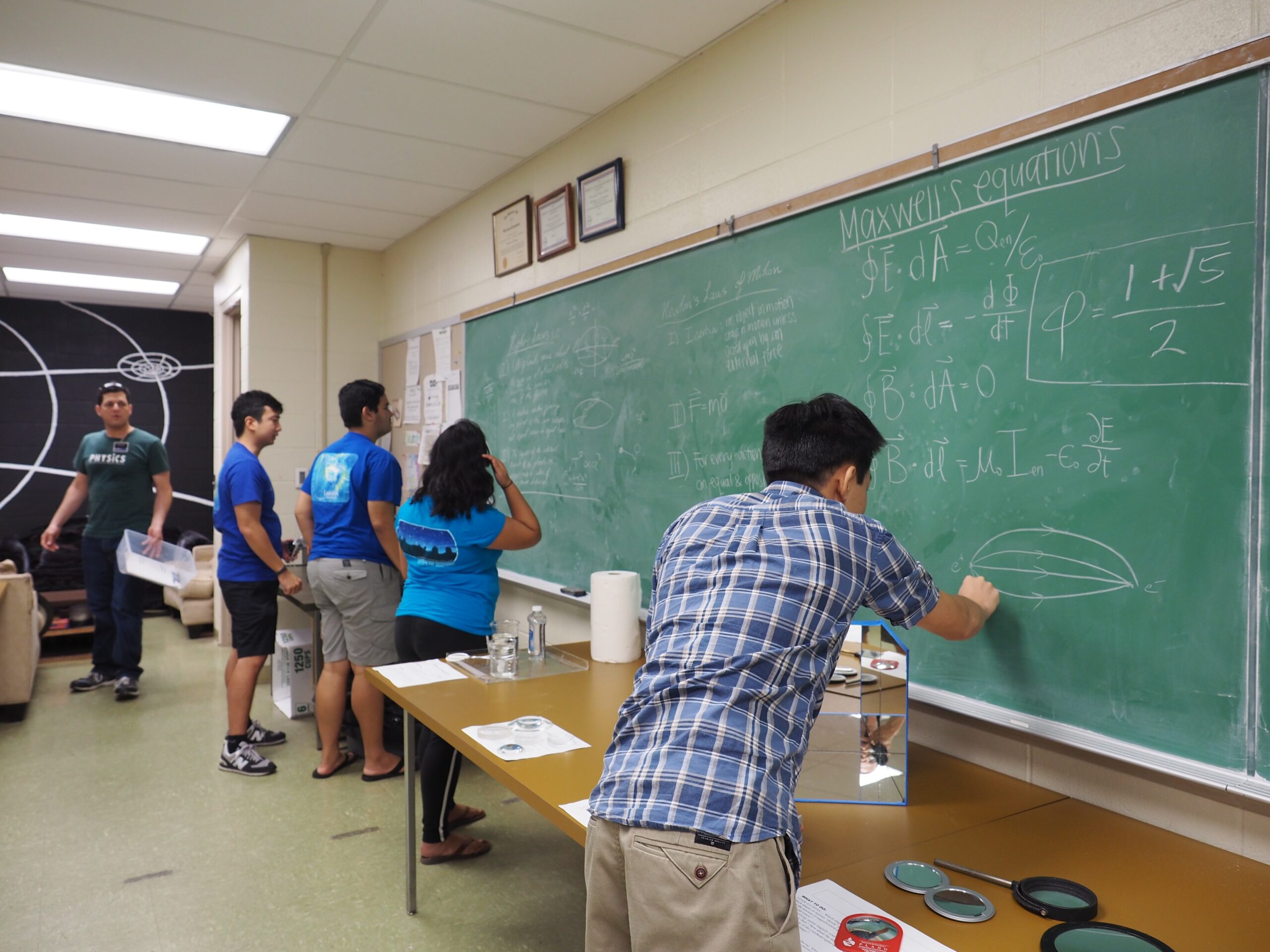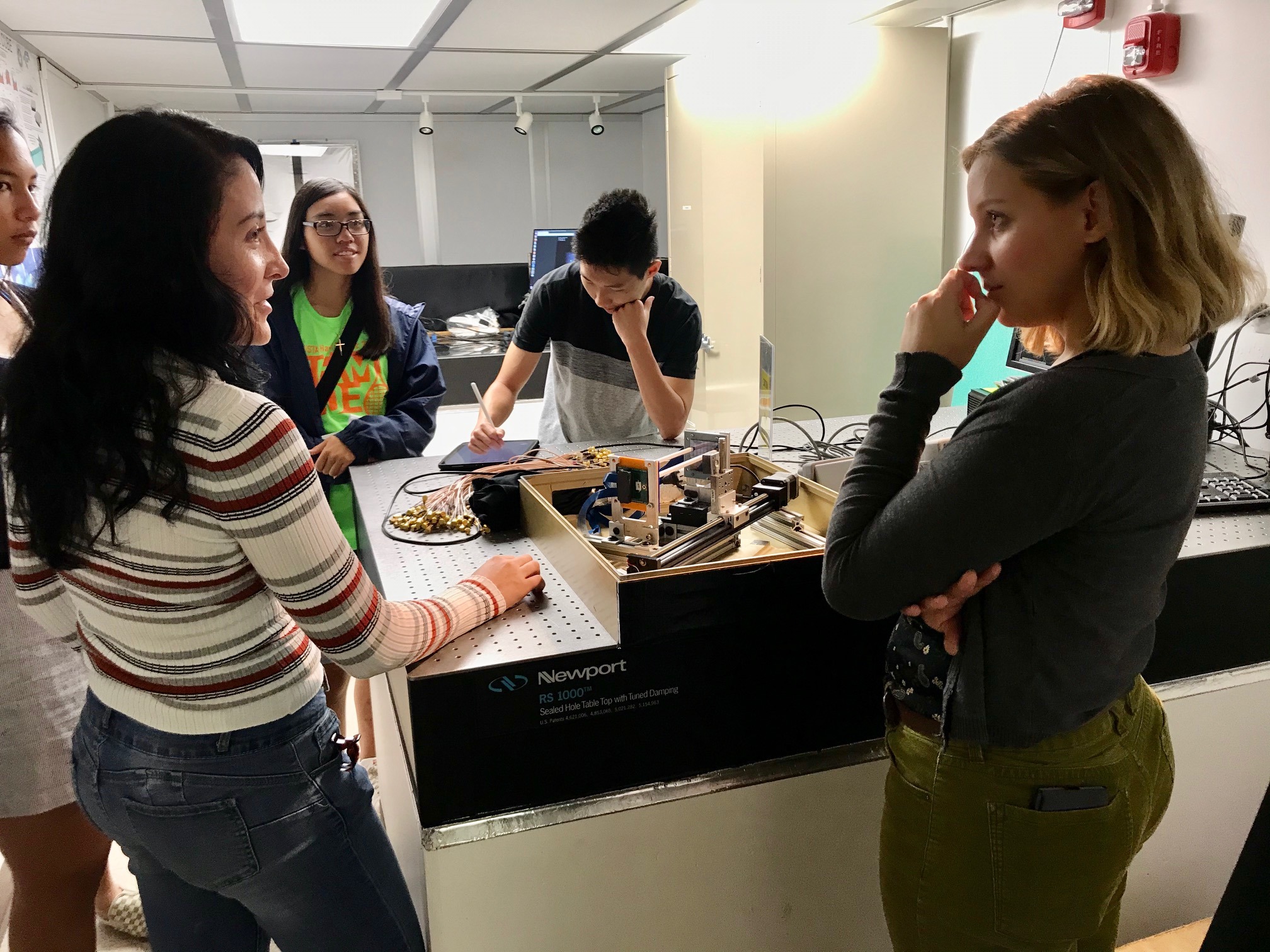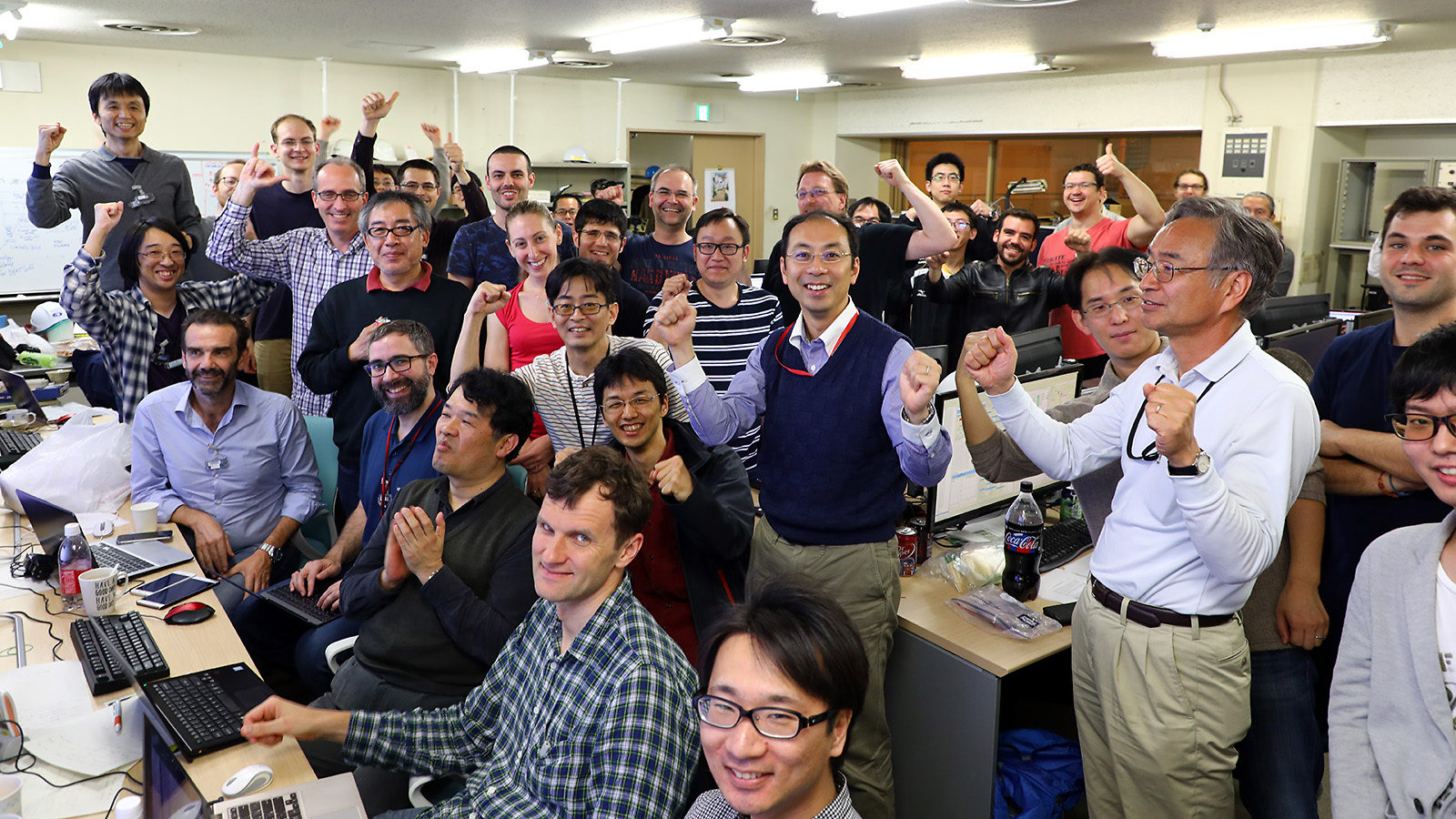
The National Research Council rankings of graduate programs has placed UH Mānoa Department of Physics and Astronomy in the top 12 of all US programs. The department has an extensive laboratory and classroom building, Watanabe Hall. It has about 37,000 square feet of research and teaching laboratories, shops, classrooms with special demonstration facilities, and student study rooms. The Institute for Astronomy building, located above the Mānoa campus, is a greatly expanded facility for research in astronomy and astrophysics.
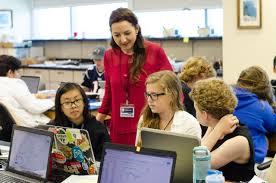
Academic Programs
Latest News
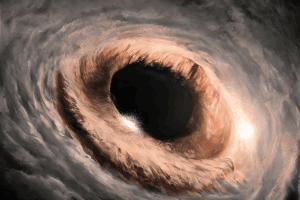
UH Mānoa Astrophysicists Prof. Duncan Farrah and Affiliate Graduate Faculty Dr. Kevin Croker of the Physics and Astronomy department publish the 1st observational Evidence linking black holes to dark energy
UH Mānoa Astrophysicists Prof. Duncan Farrah and Affiliate Graduate Faculty Dr. Kevin Croker of the Physics and Astronomy department led this ambitious study, combining Hawaiʻi’s expertise in galaxy evolution and gravity theory with the observation and analysis experience of researchers across nine countries to provide the first insight into what might exist inside real black holes.

Emeritus Professor San Fu Tuan passed away peacefully in California on August 5, 2022.
Emeritus Professor San Fu Tuan passed away peacefully in California, on August 5, 2022, with his wife of 59 years, Loretta Kan Tuan by his side. He built the High Energy Theoretical Physics in the department and taught for 35 years. San Fu is survived by his loving wife Loretta; four children: Kathy Tuan-MacLean, Melinda Tuan Groeneveld, Priscilla Tuan Tomikawa, and David Tuan; sons-in-law: Scott MacLean, Peter Groeneveld, Collin Tomikawa, and daughter-in-law Caroline Tuan; 11 grandchildren: Ling, Kai, Sonia, Ren, Tai, Micah, Mei Mei, Kainoa, Evan, Amaya, and Nathan; sister-in-law Manlin Tuan and sister Sylvia Chen.
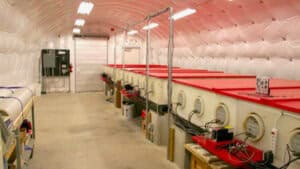
Associate Professor Veronica Bindi receives $2.5M NSF grant
UH Mānoa Associate Professor Veronica Bindi of Department of Physics and Astronomy will receive $1.2 millions of the $2.5 million grant from National Science Foundation (NSF). The project will construct a space weather station center on the UH Mānoa campus and deploy a neutron monitor on Maui. Associate Professor and her team will collaborate with researchers from the University of New Hampshire and the University of Arizona on the project.

Dr. Geoffrey Bower’s team produced the first image of the supermassive black hole at the center of our Galaxy
Dr. Geoffrey Bower, Event Horizon Telescope (EHT) Project Scientist and University of Hawai’i at Mānoa Physics and Astronomy Affiliate Graduate Faculty Member, is a leader of the team that imaged the supermassive black hole at the center of our Galaxy. Geoff has been a P&A affiliate graduate faculty since 2019. Geoff is also Chief Scientist for Hawaii Operations for Academia Sinica Institute of Astronomy and Astrophysics.
More details on the EHT breakthrough are available at Astronomers Reveal First Image of the Black Hole at the Heart of Our Galaxy.
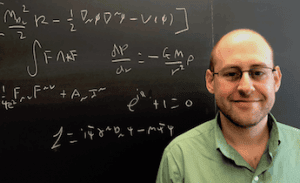
Professor Jeremy Sakstein Awarded Prestigious Cosmology Prize
Professor Jeremy Sakstein has been awarded the 2021 Buchalter Cosmology Prize for his pioneering work in cosmology, proposing novel methods to search for dark energy on Earth. For his work, Professor Sakstein was awarded third prize and $2500 alongside his collaborators Sunny Vagnozzi (University of Cambridge), Luca Visinelli (Shanghai Jiao Tong University), Anne-Christine Davis (University of Cambridge), and Philippe Brax (University of Paris-Saclay).
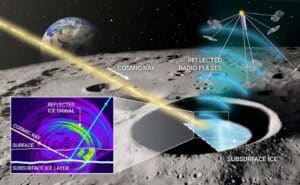
UH Mānoa Team to Lead NASA Mission Technology Study To Identifty Ice Deposits on the Moon
Five UH Mānoa scientists in the Department of Physics & Astronomy and Hawai’i Institute of Geophysics and Planetology have been awarded almost $3M in a 3-year project to develop technology for the NASA Cosmic Ray Lunar Sounder (CoRaLS) mission, initiated by a joint effort between UH Mānoa and NASA’s Jet Propulsion Lab. The members of the team are principal investigator Prof. Peter Gorham, co-investigator Prof. Gary Varner, co-investigator graduate student Remy Prechelt, Prof. Paul Lucey, post-doctoral researcher Emily Costello and Instrument physicist Christian Miki. The UH team will work with colleagues from the NASA Jet Propulsion Lab, the University of Chicago and Ohio State University on the project.

